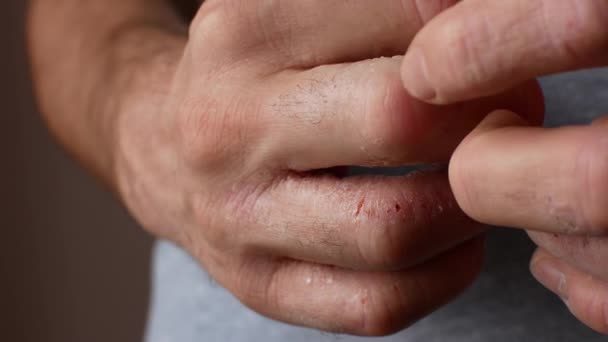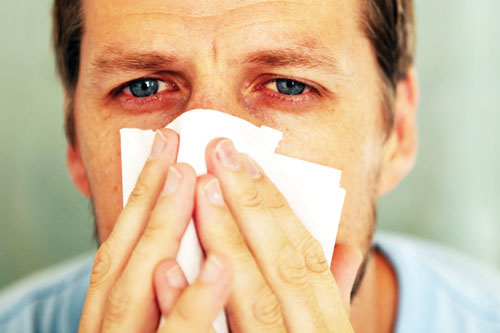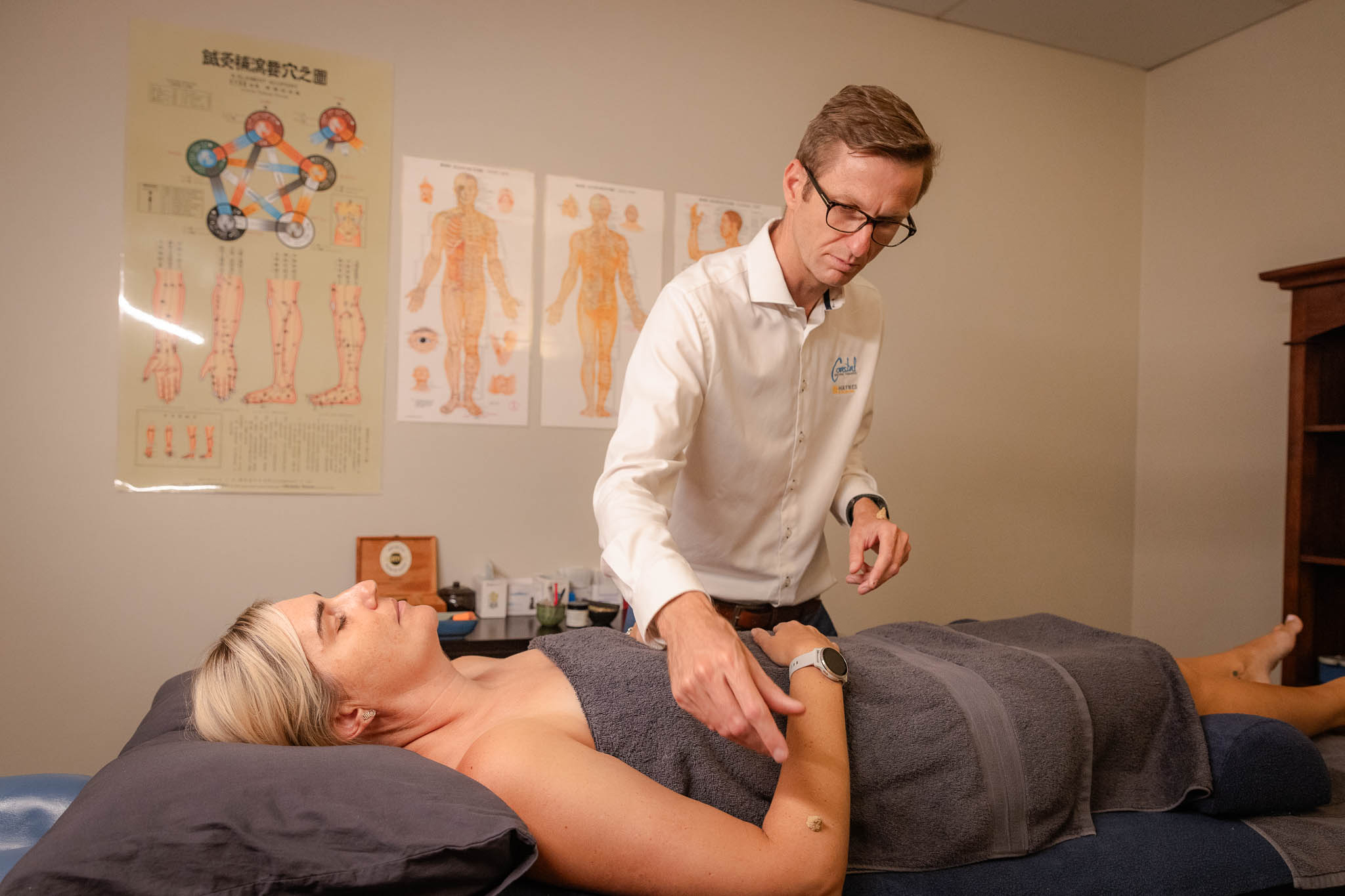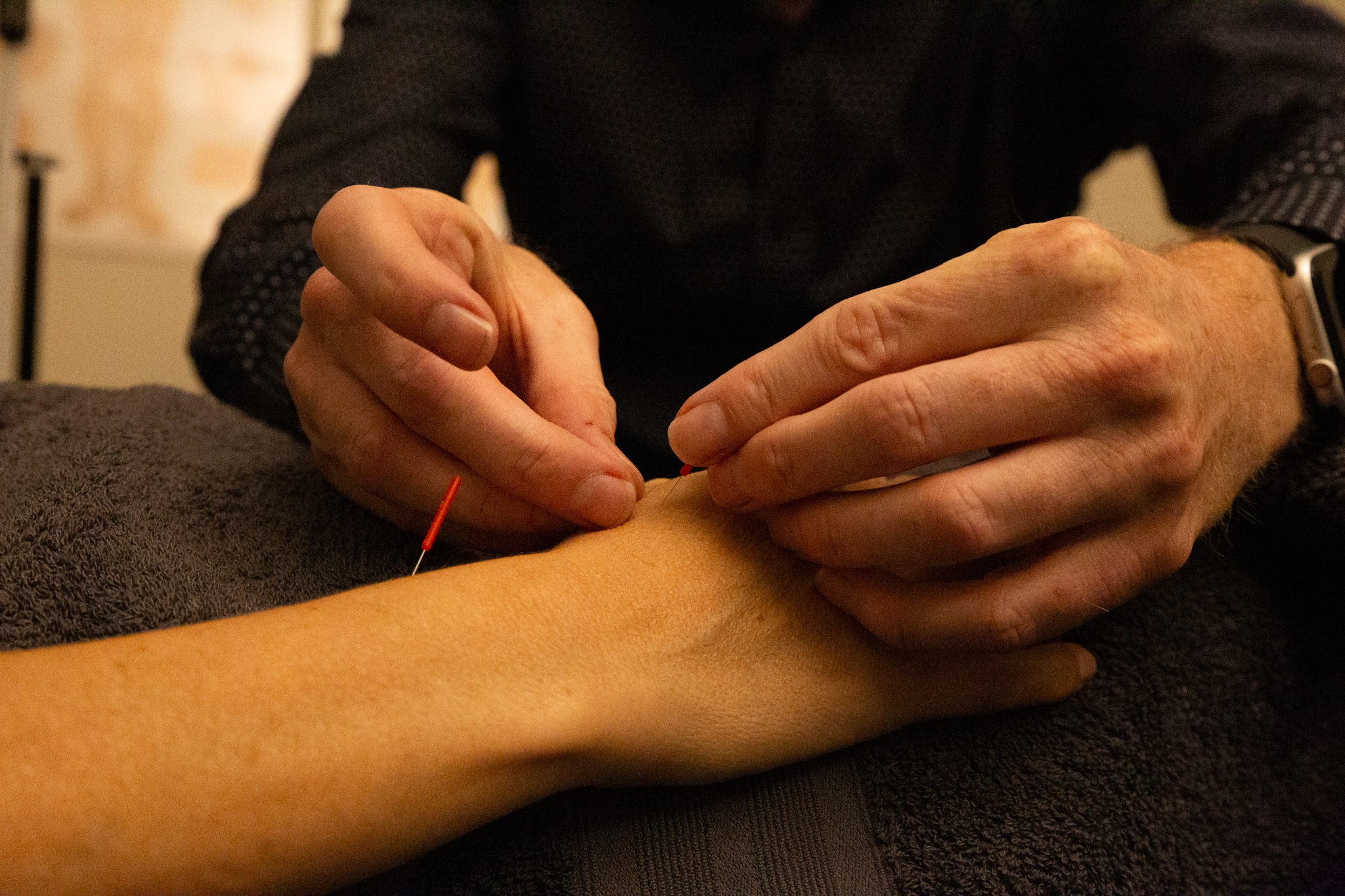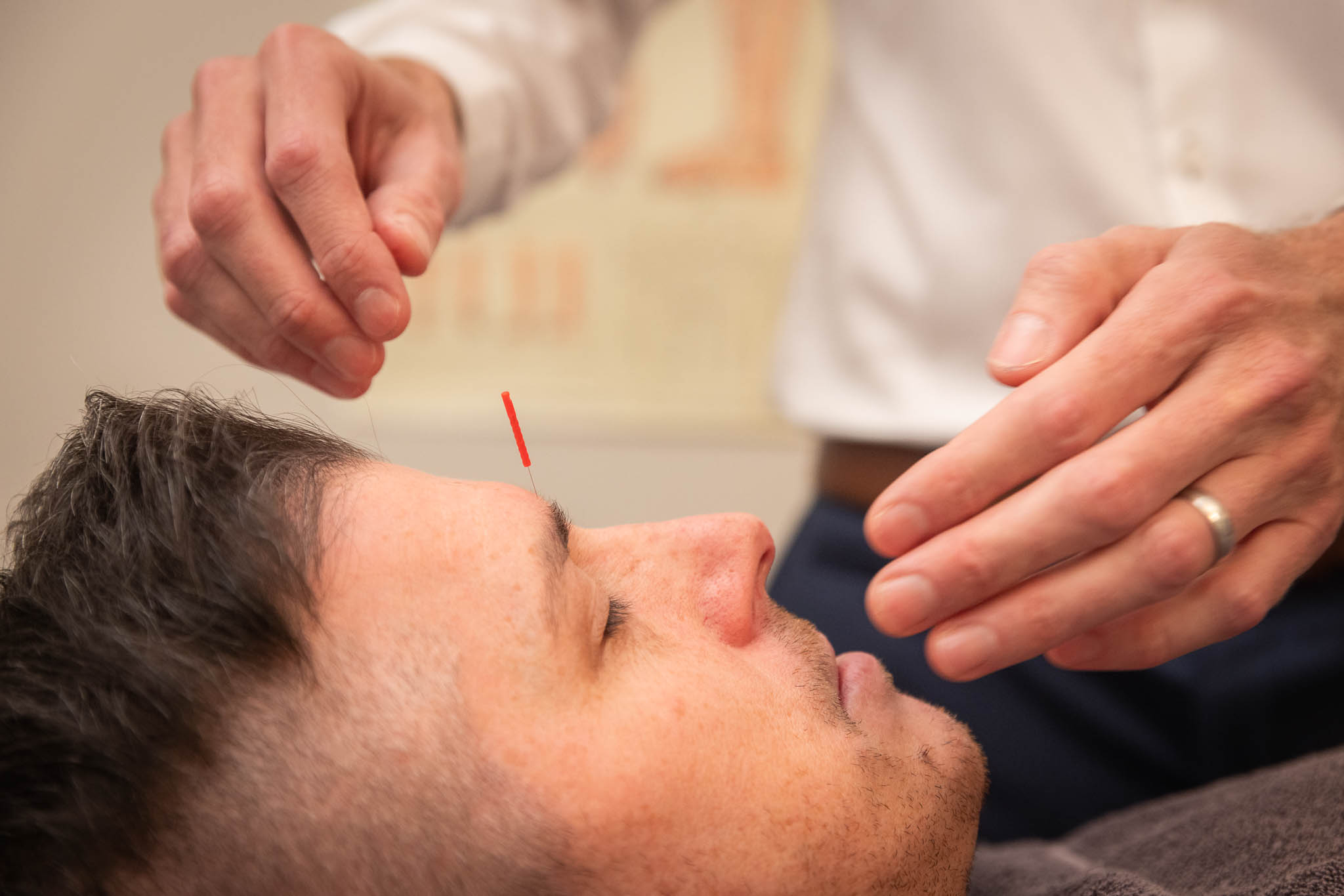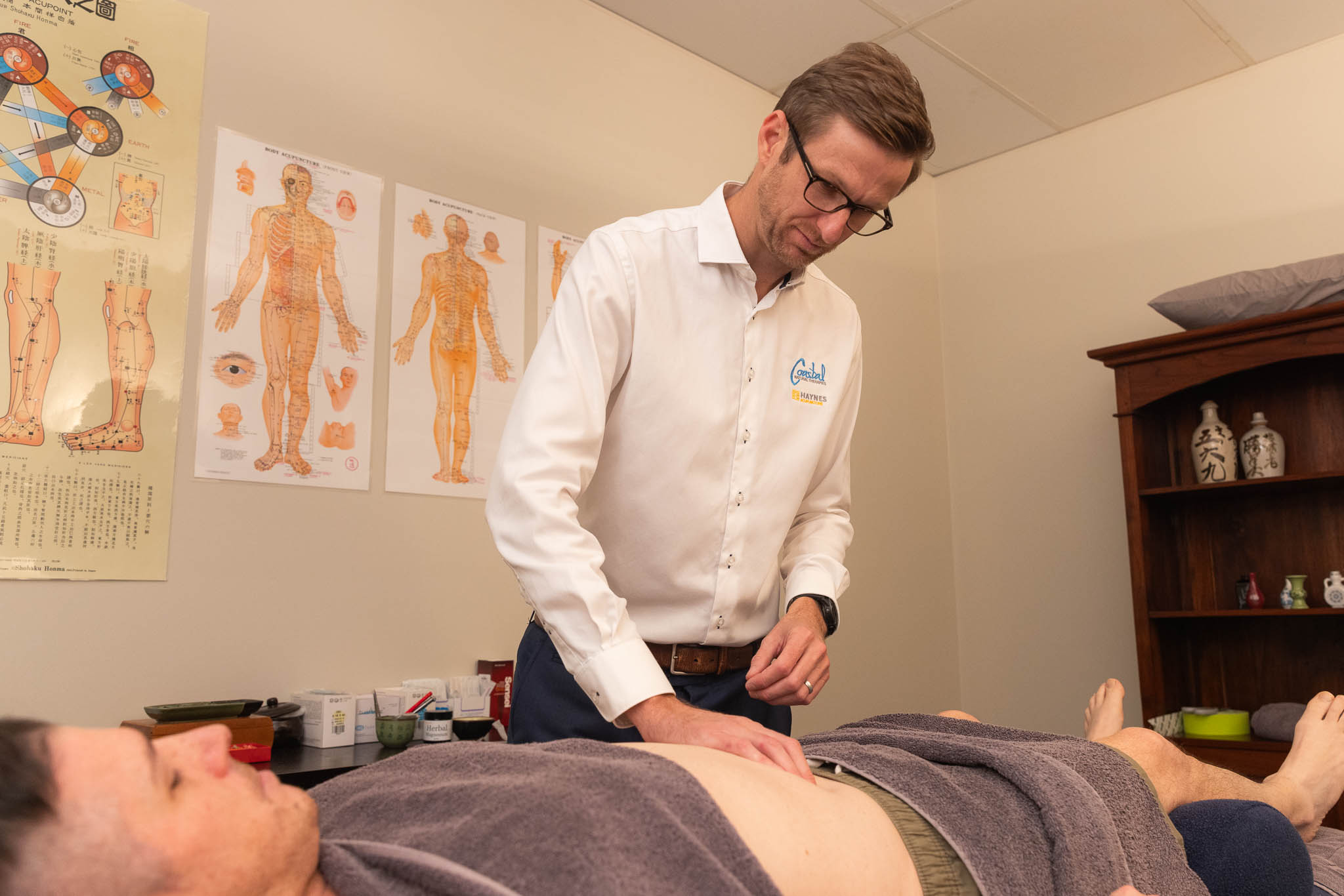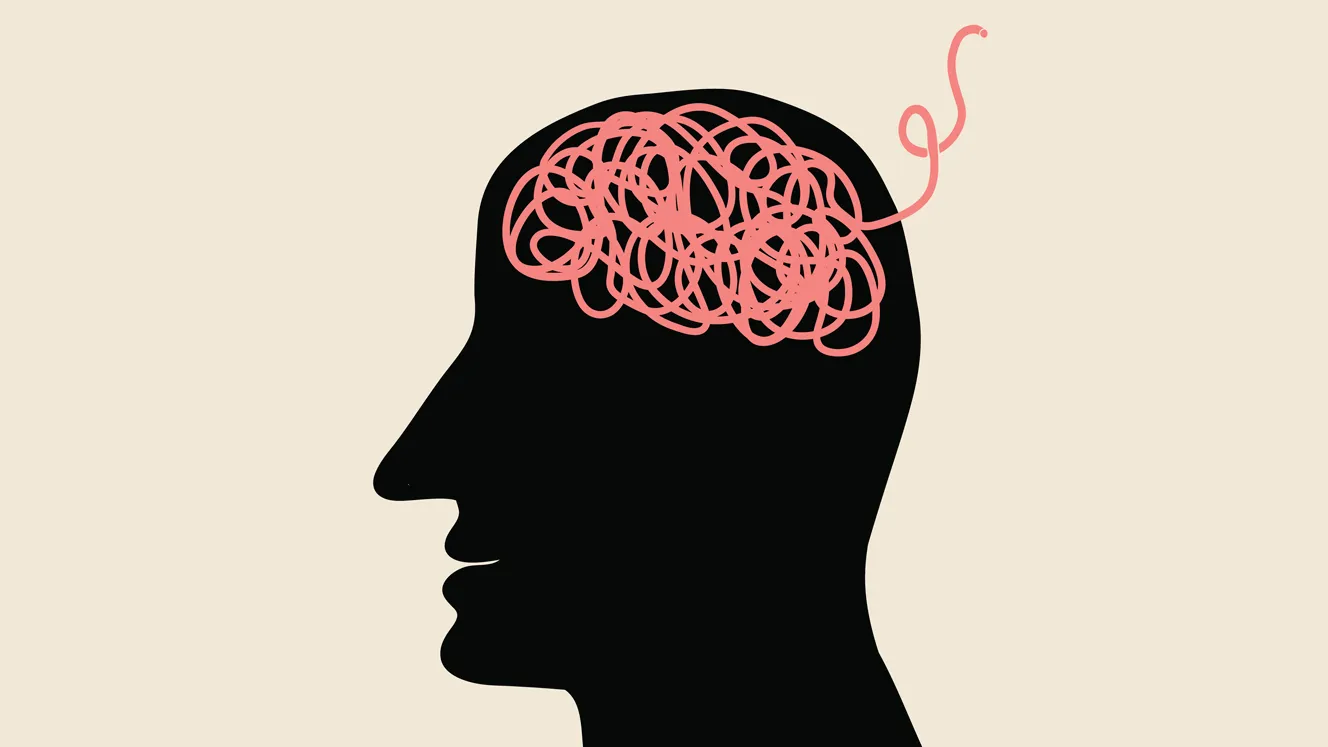Sleep Hygiene

Sleep hygiene is essential for ensuring you are functioning optimally. Our Naturopath Amanda Flower at our Gold Coast natural therapies clinic, discusses a little bit more about why quality sleep is vital and some tips that could help you.
Disruptions in our sleep can affect your metabolism, cognition & memory, hormone production, as well as immune and cardiovascular function, as well as an increased activity of your sympathetic nervous system (which we want down regulated during sleep).
Each person will vary on the quantity they need, based on the quality of sleep they have; 7-9 hours is the recommended number of hours you need each night as an adult;
Children need a little more (1):
14-17 years: 8-10 hours
6-13 years: 9-11 hours
3-5 years: 10-13 hours
1-2 years: 11-14 hours
One study showed that sleep disruption affected mood and performance, quality of life, somatic pain and response to stress in adults. Whilst teenagers can be affected with changes to psychosocial health, performance at school and an increase in risk-taking behaviours (2)
Common reasons for sleep disturbance include:
- Alcohol, caffeine and drug use (recreational & prescription)
- Stress/anxiety
- Parents of young children
- Phone, TV or laptop use close to bedtime
- Shift work
- Jet lag
- Excessive noise/lights
- Sleep apnea
- Restless legs
What can help?
- A hot shower or bath about 90min before bed will drop your core body temperature & aid your natural circadian rhythm to adjust the process of falling asleep and staying asleep.
- Morning sunshine will assist in optimising your melatonin production
- Blocking blue light from your phone, laptop and TV (the light reduces our melatonin and results in struggling to fall asleep)
- Avoiding caffeine, alcohol and limiting big glasses of water 1 hour before bed (try to drink your daily 2L before 6pm at night)
- Try a chamomile, passionflower, lavender or sleepy time tea 1 hour before bed to help you relax. Magnesium can also be effective, but speak to your practitioner about type and dosage.

- Nightly meditation or a yoga ritual to relax your mind and body
- Journal any thoughts/anxieties before you go to sleep, so they aren’t running over in your head as you are trying to get to sleep.
- Keeping your feet warm in some light cotton socks can also help you fall asleep.
- Get into a routine with set bedtime & wake up times
Long-term sleep disruptions can increase your risk of type 2 diabetes, cardiovascular disease and affect weight management.
If you are having problems with your sleep, come in and speak to a practitioner to see how we can assist you.
Book online here or call us on (07) 5531 6461.
Written by Amanda Flower (Naturopath & Nutritional Medicine).
References:
- Chaput, J. P., Dutil, C., & Sampasa-Kanyinga, H. (2018). Sleeping hours: what is the ideal number and how does age impact this?. Nature and science of sleep, 10, 421–430. doi:10.2147/NSS.S163071
- Medic, G., Wille, M., & Hemels, M. E. (2017). Short- and long-term health consequences of sleep disruption. Nature and science of sleep, 9, 151–161. doi:10.2147/NSS.S134864
Share This Article

Covid-19 Update
The team at Coastal Natural Therapies are still operating standard hours to the general public. With the unfortunate circumstances of Covid-19 Australia-wide, we have implemented stringent hygienic measures for the safety of our patients and staff. With the fluidity of the current situation, we are regularly keeping up to date with the Australian Government Department of Health recommendations.
Please stay home if unwell
In the consideration of our staff and other patients, if you're currently experiencing any signs of illness please cancel or reschedule your appointment. Please seek medical advise if your symptoms worsen. Please inform our team of any recent travels or if you have been in contact with any individuals whom have recently tested positive with Covid-19.
Please call us directly 07 5531 6461 for bookings and further information, particularly if you have any concerns.

